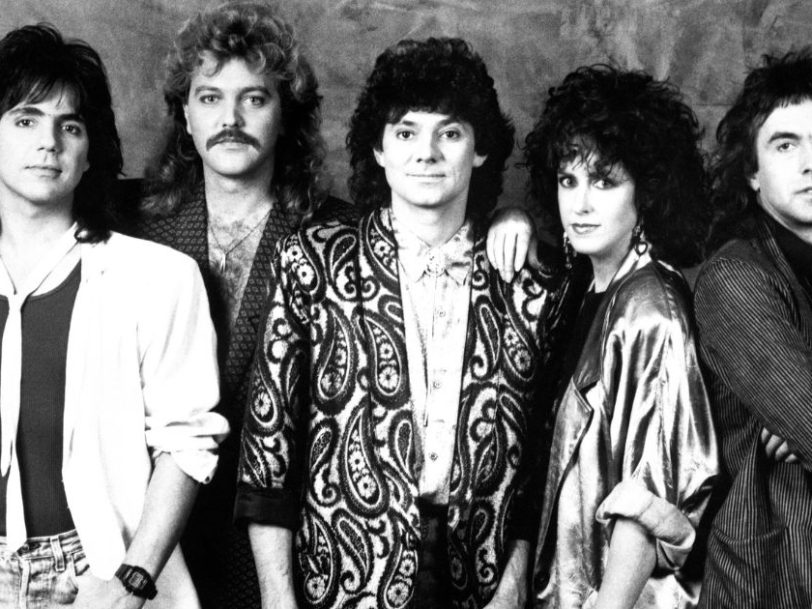Has any other rock song polarised opinion quite as starkly as Starship’s We Built This City? It shot to No.1 on the US Billboard Hot 100 and remains a classic-rock radio staple to this day – yet the song has repeatedly been vilified by critics, with readers of Rolling Stone magazine even voting it their Worst Song Of The 1980s in a 2011 poll.
Bearing in mind the extreme reactions it provokes, it seems apt that We Built This City was conceived in circumstances most sensitively described as “dysfunctional”. At the time, the song was marketed as the debut single from a new band, though Starship were effectively an extension of Californian rockers Jefferson Starship, who were themselves a continuation of Jefferson Airplane.
Listen to the best of Starship here.
The backstory: “The music was a gamble. Doesn’t every band want hits?”
In their initial guise, Jefferson Airplane were one of the late-60s’ most influential psychedelic rock outfits, releasing seminal albums such as Surrealistic Pillow and Crown Of Creation. However, by 1974, they’d drifted closer to mainstream rock and morphed into Jefferson Starship, scoring major US chart hits with 1975’s double-platinum Red Octopus and 1979’s gold-certified Freedom At Point Zero albums. Yet, despite their commercial success, the band’s well-documented history reads like one of rock’s more rancorous soap operas, and their rebranding as Starship was enforced through writs served by one of the band’s prominent ex-members.
Nonetheless, Starship’s initial line-up still featured an Airplane original – and one of the best frontwomen in rock history – in vocalist Grace Slick, and most of their personnel had also played on the final Jefferson Starship album before a near-decade hiatus, 1984’s Nuclear Furniture. Slick’s co-vocalist, Georgia-born Mickey Thomas had been on board since Freedom At Point Zero, and was already well-versed in the group’s dynamic.
“I joined Jefferson Starship in 1979, which was one of the pivotal points of reinventing the band,” the singer, who had a background in soul music, told GQ in 2016. “There were always different members coming and going, so the band was constantly evolving… The music itself was a huge gamble.” Acknowledging the motivation behind We Built This City, Thomas added, “Doesn’t every band want hits? We did.”
In pursuit of those elusive hits, Starship looked to outsource their songwriting. One of the writers who became involved, Bernie Taupin, already had an impressive track record, having worked as Elton John’s primary lyricist for around 15 years.
“Bernie was moving away from working with Elton,” We Built This City co-writer Martin Page told GQ. “Everybody wanted him to work with a Thomas Dolby kind of writer – someone using new technology. I wanted to impress Bernie. I did a demo of the song on a Fostex deck in my living room. It sounded like Peter Gabriel’s Shock The Monkey. I sent it to Bernie, who said, ‘Bernie Taupin comes into the future.’”




